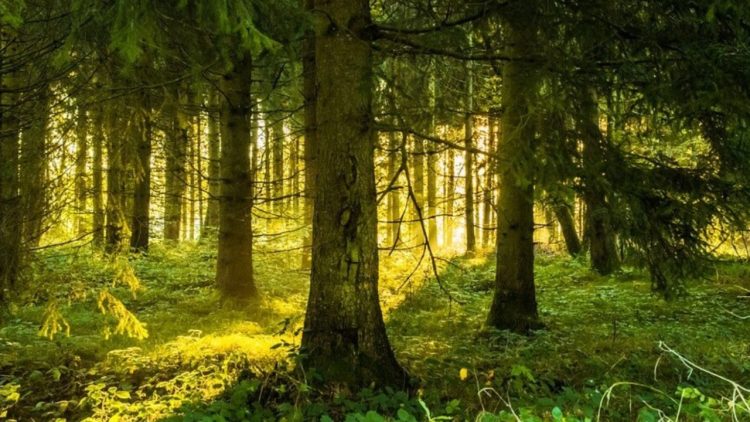New data shows trees and land absorbed almost no carbon dioxide (CO2) last year, leaving scientists puzzled and concerned. Natural “carbon sinks” like forests, soils, and oceans play a crucial role in balancing the Earth’s climate. Typically, they absorb nearly half of all CO2 emissions produced by humans, helping limit global warming.
However, early findings for 2023 – recorded as Earth’s hottest year yet – reveal a worrying trend: land and forests absorbed nearly no CO2. This unexpected collapse in natural carbon absorption has left experts questioning how quickly the planet might warm in the future.
Climate Shifts are Disrupting Carbon Absorption
Rising global temperatures, droughts, and extreme weather are damaging ecosystems, pushing them into unpredictable territory. Scientists are cautious, hoping this breakdown is temporary. If not, it could accelerate global warming dramatically.
As CO2 emissions continue to rise, reaching 37.4 billion tonnes in 2023, the pressure on natural carbon sinks is mounting. Without them, achieving net zero carbon emissions will be impossible, as no human-made technology can absorb carbon on the same scale as nature’s forests, peat bogs, and oceans.
Ocean Carbon Sinks Also Showing Signs of Strain
It’s not just land carbon sinks facing strain. As glaciers melt in Greenland and Arctic ice retreats, the Gulf Stream – a key factor in ocean carbon absorption – is slowing. Melting sea ice also affects zooplankton, tiny ocean creatures that rise to the surface to feed at night. These zooplankton play a crucial role in carbon storage, with their waste eventually sinking to the ocean floor and locking away CO2.
If exposed to more daylight, zooplankton may alter their feeding behaviour, which could disrupt carbon storage in the ocean.
Scientists Urge Action as Earth’s Balance Shifts
At New York Climate Week in September, Johan Rockström, director of the Potsdam Institute for Climate Impact Research, warned, “We’re seeing cracks in the resilience of the Earth’s systems. Terrestrial ecosystems are losing their carbon storage and uptake capacity, and oceans are showing instability.”
He added, “Nature has so far balanced our abuse. This is coming to an end. We’ve hidden behind nature’s resilience, but we can no longer ignore the crisis.”
You may also like: Professor reveals how inheritance tax relief broke UK farming







